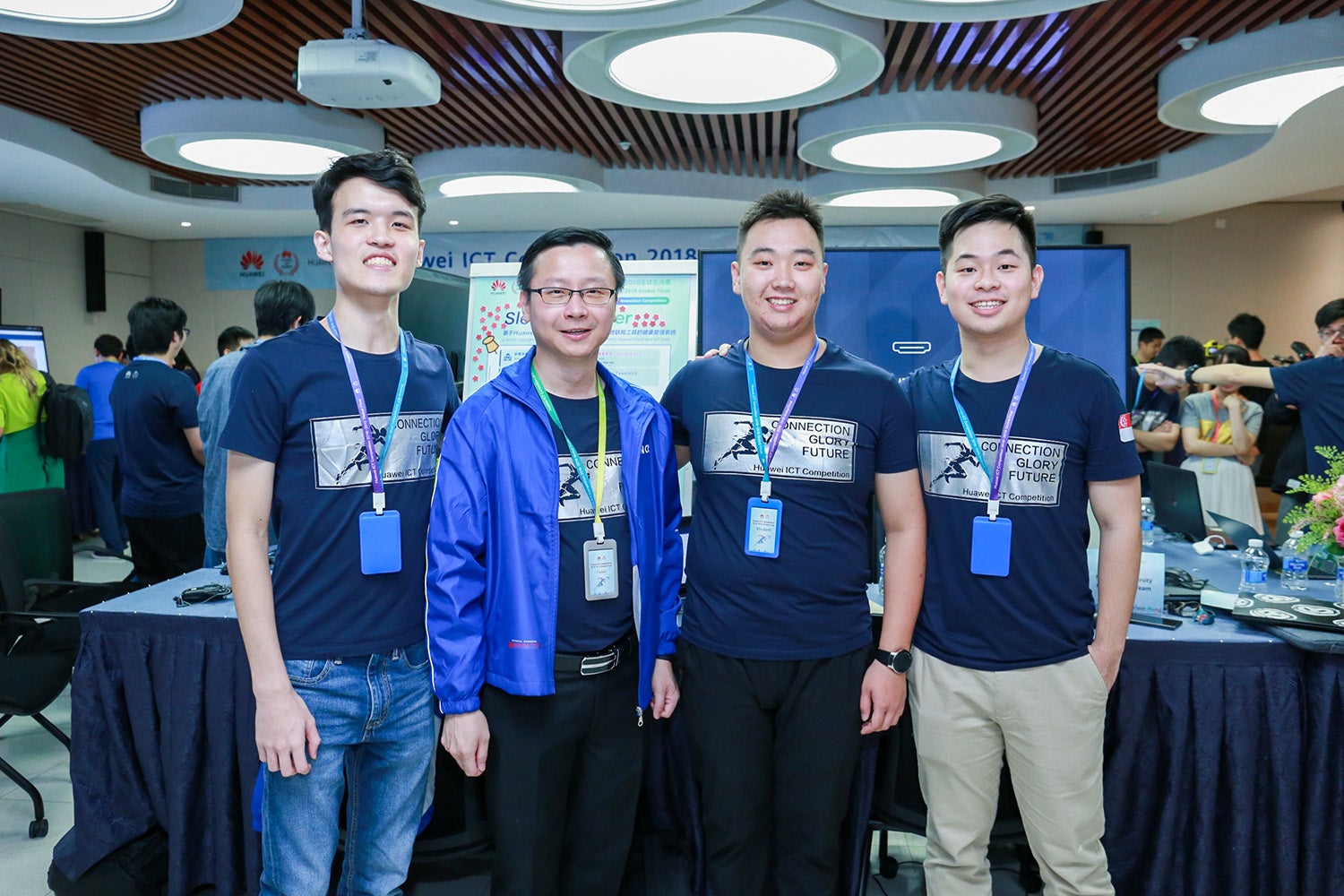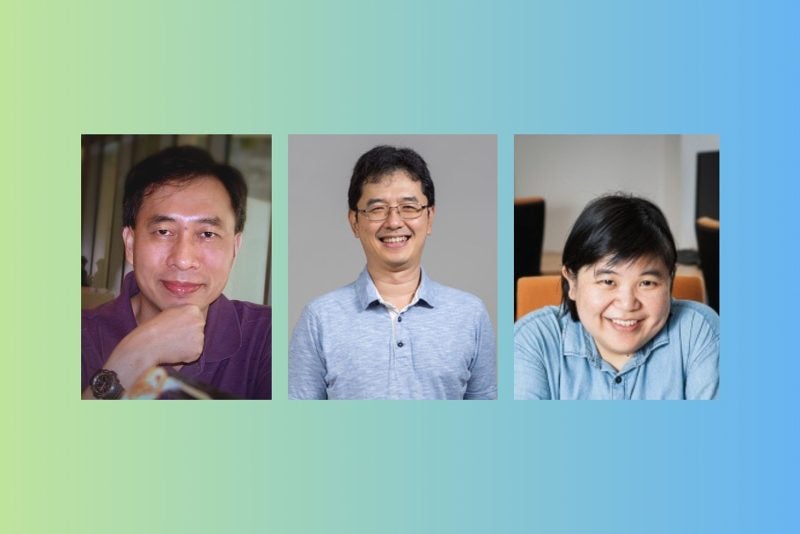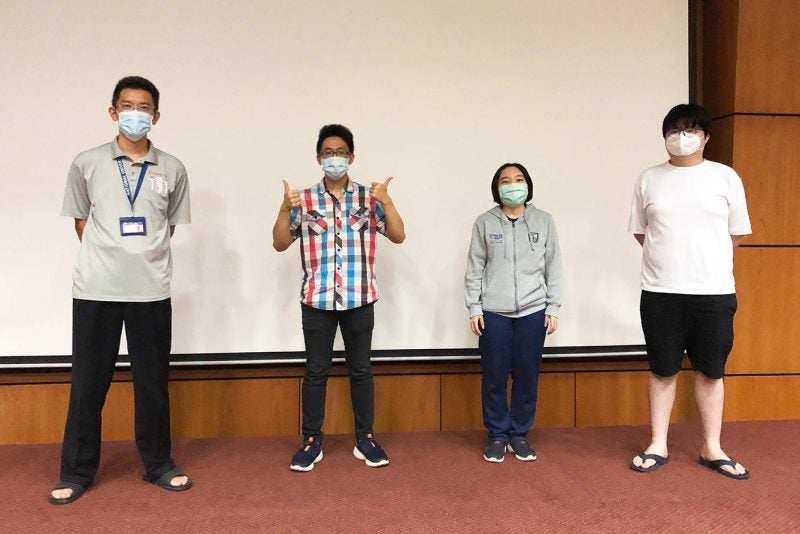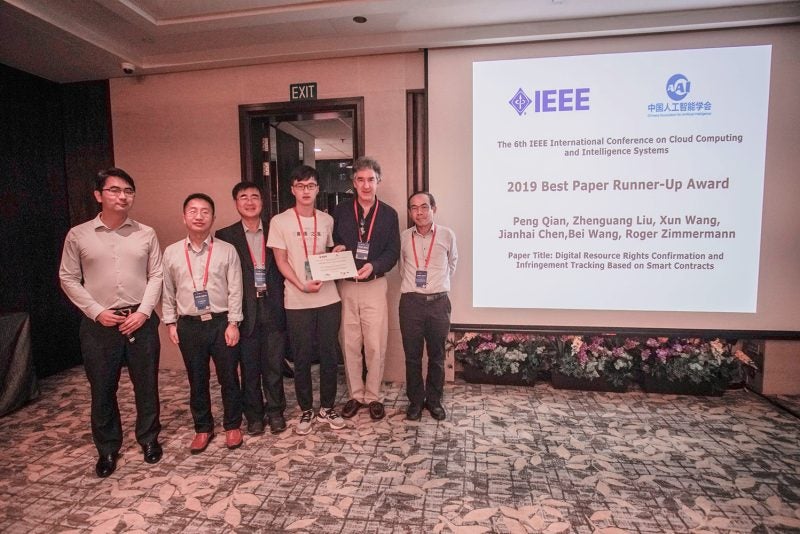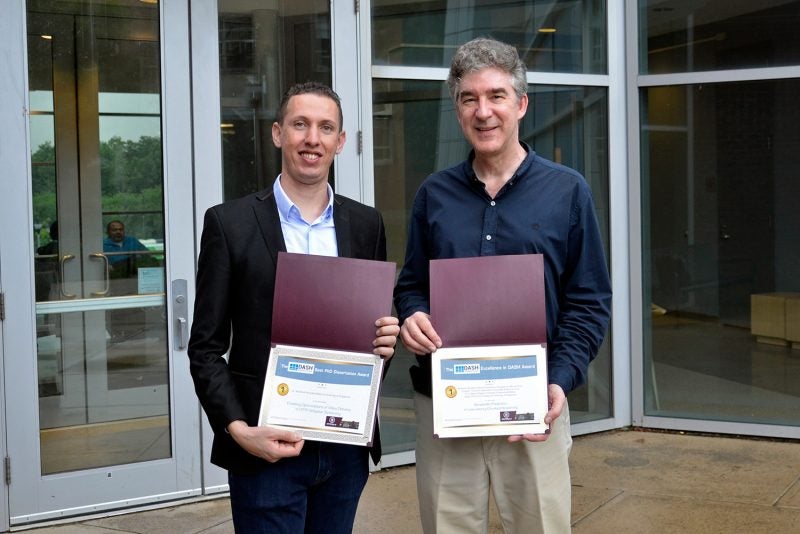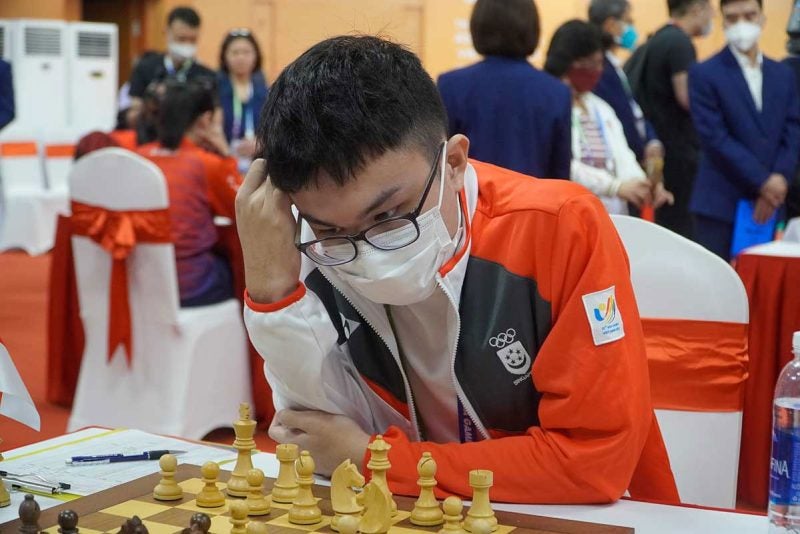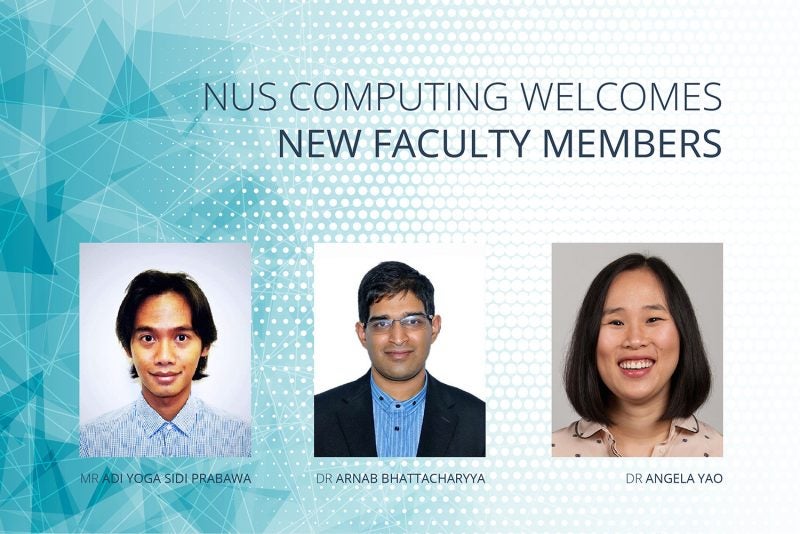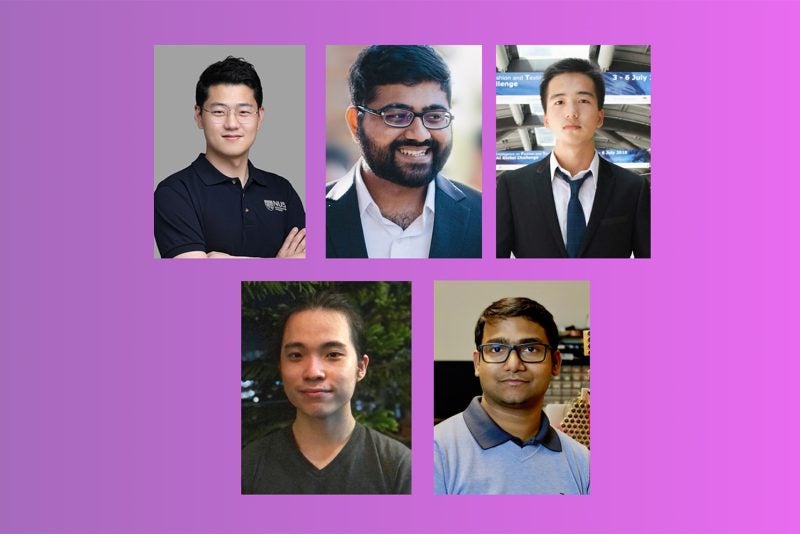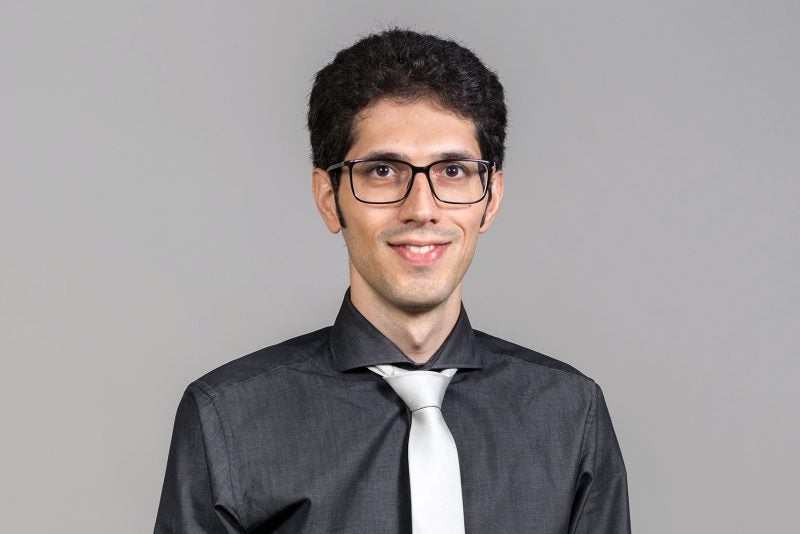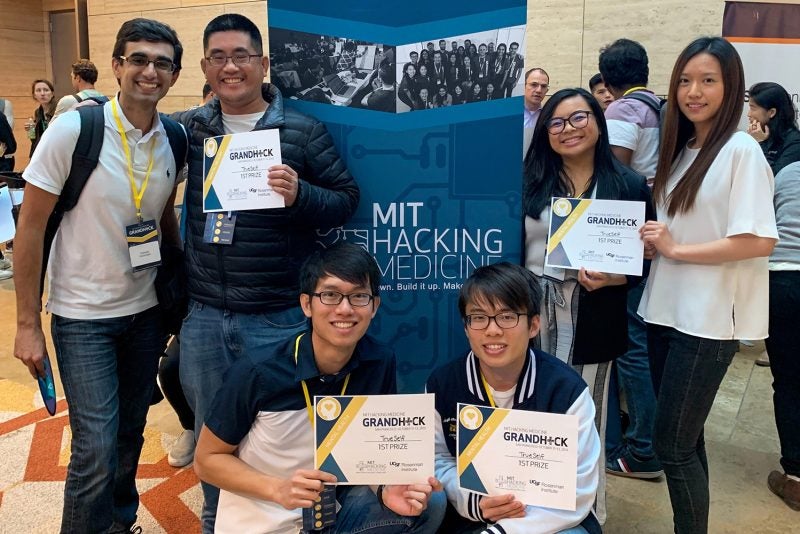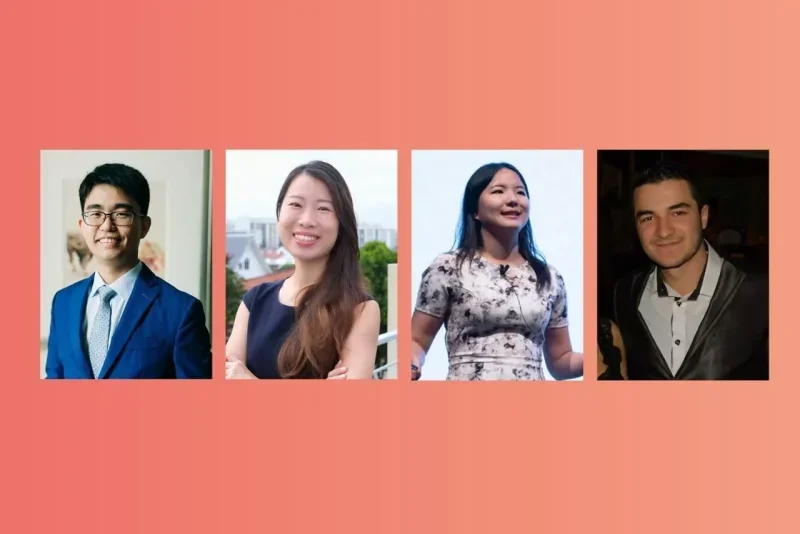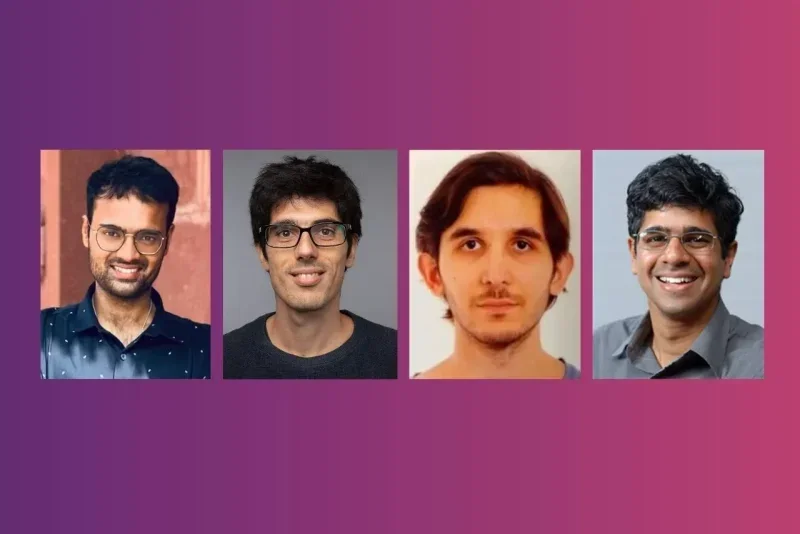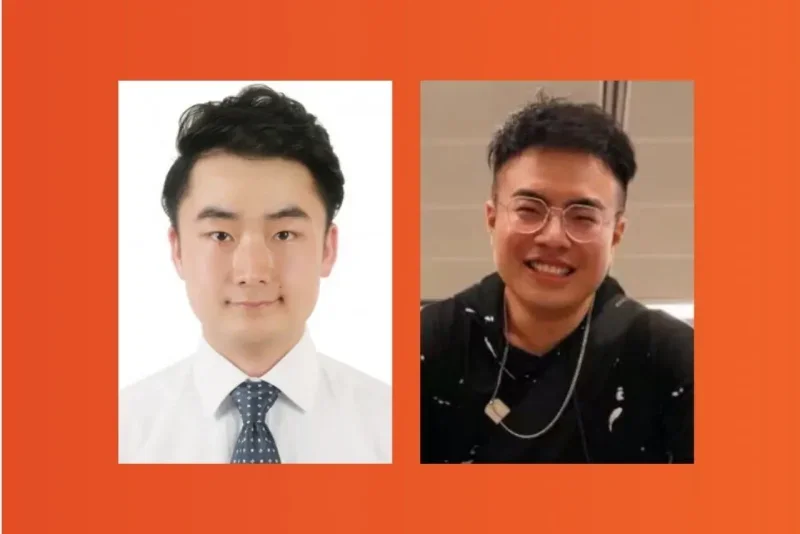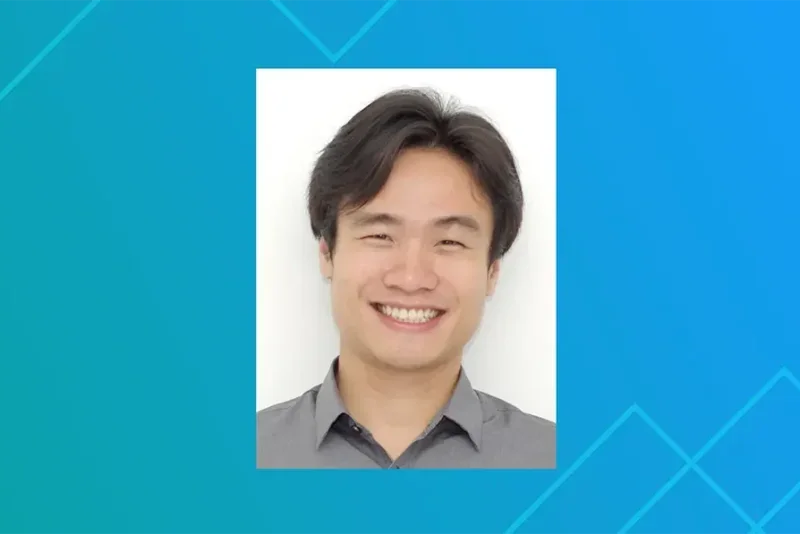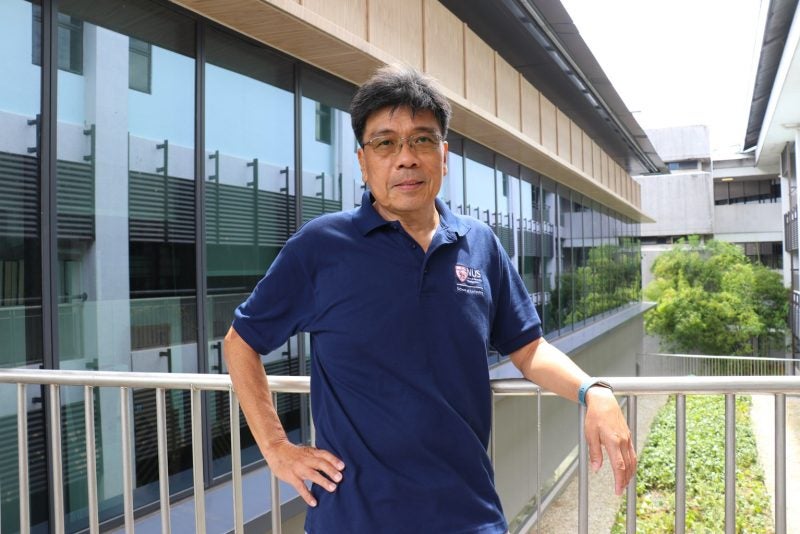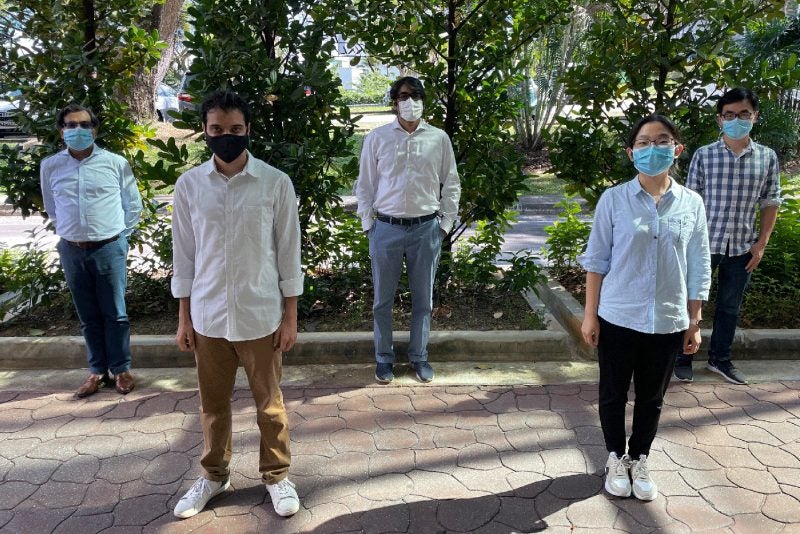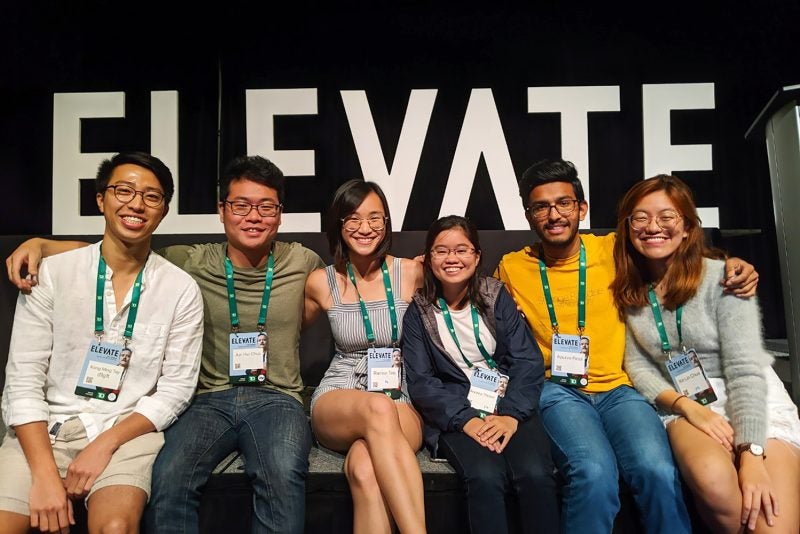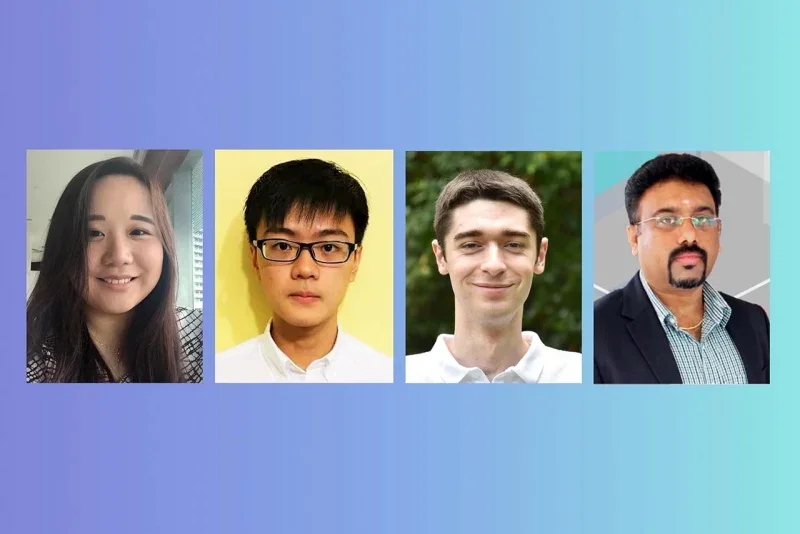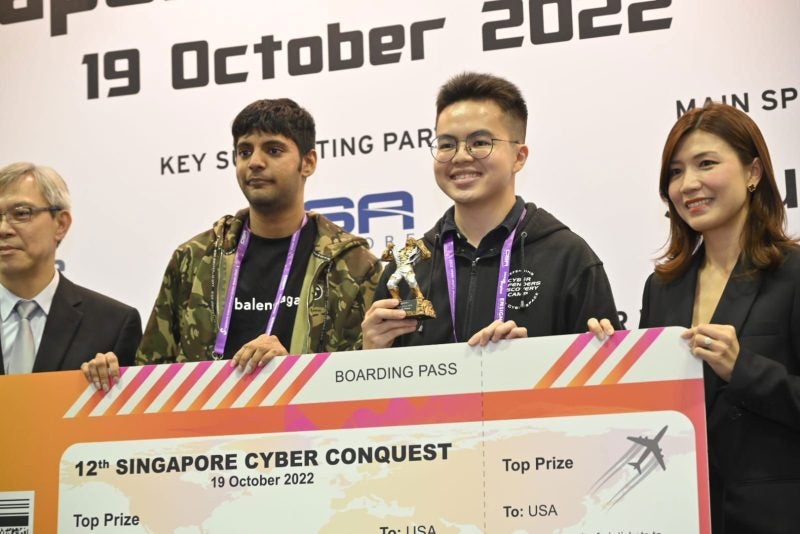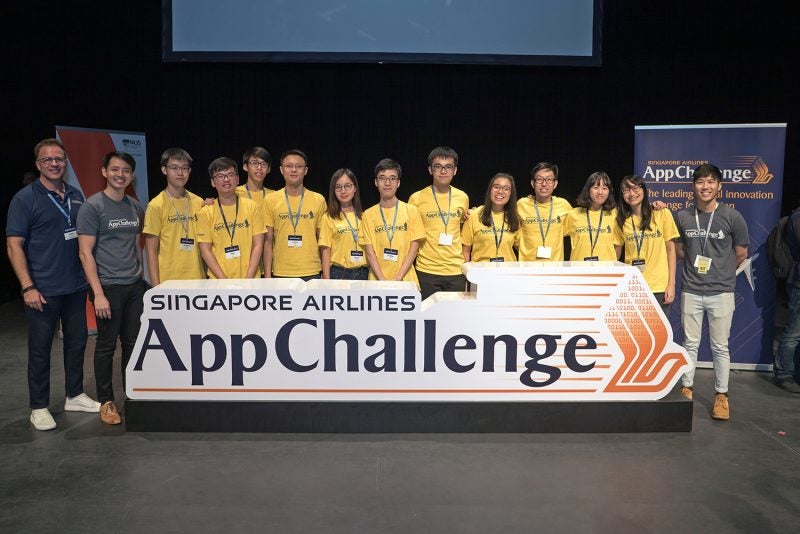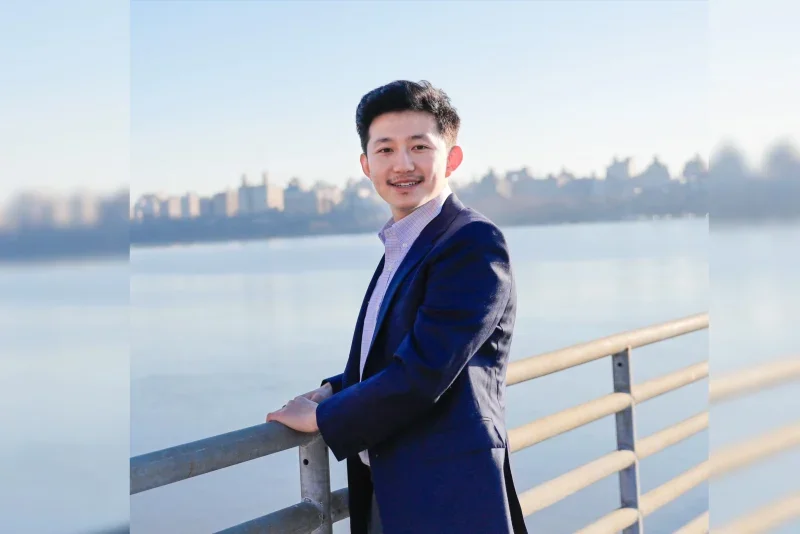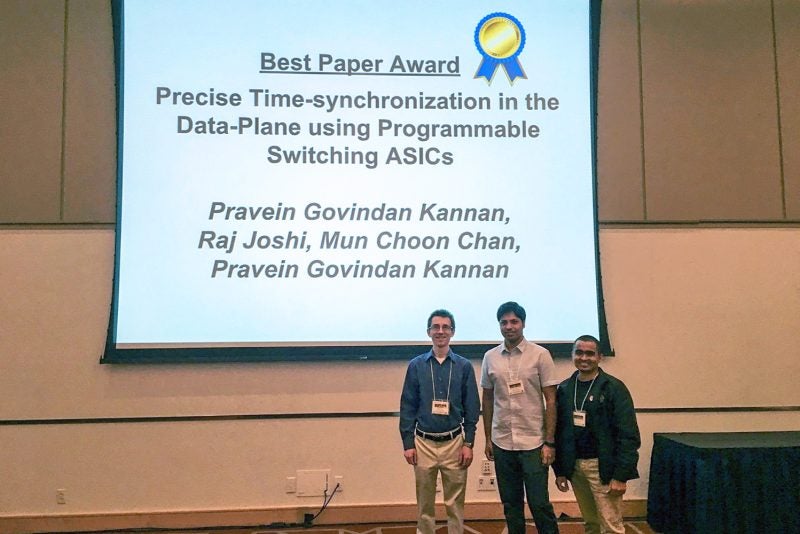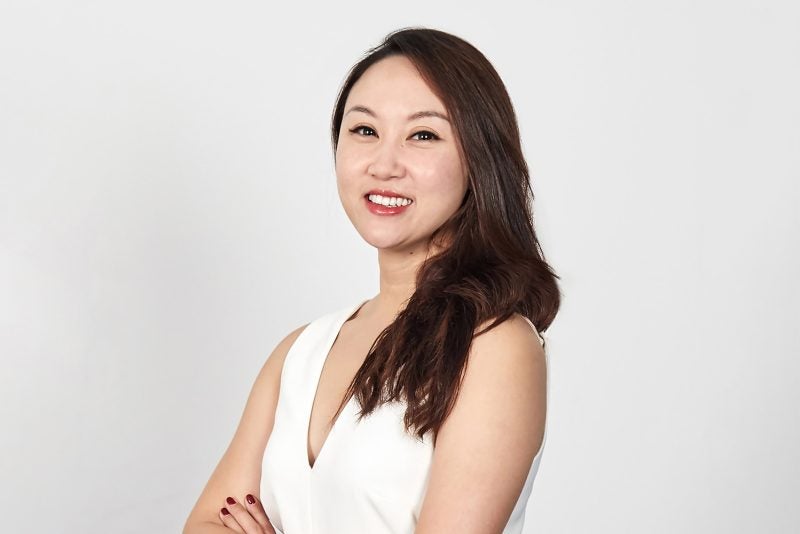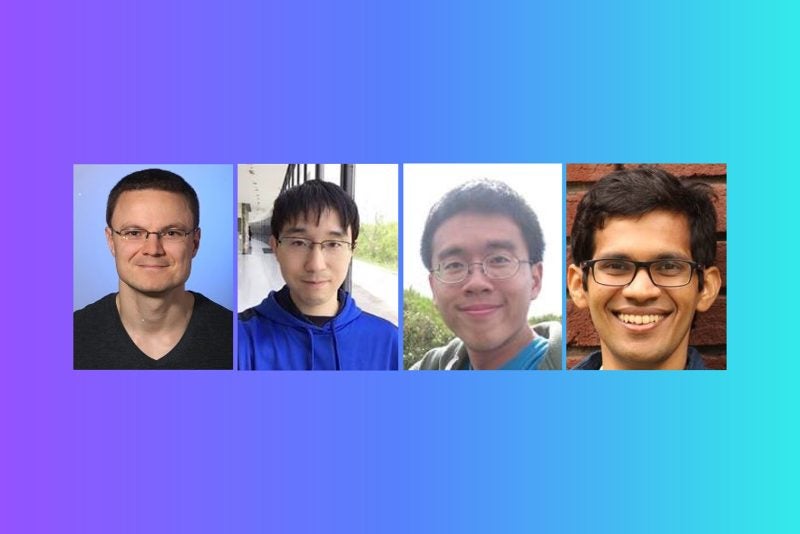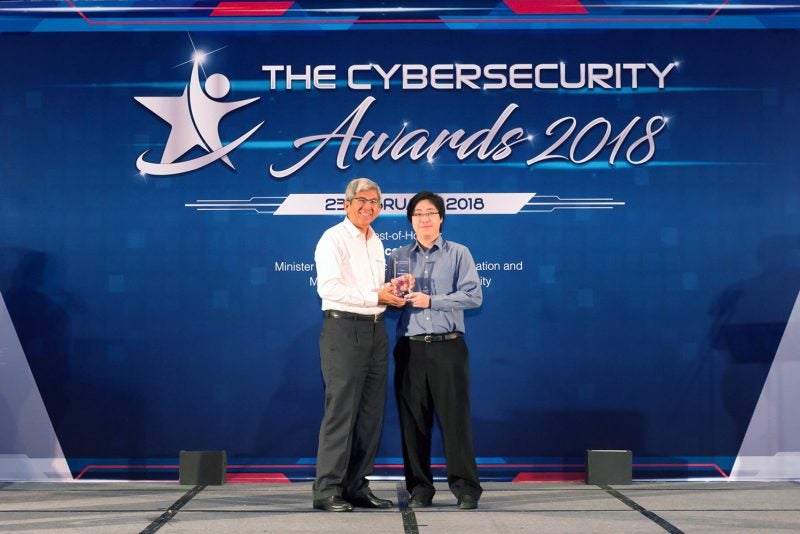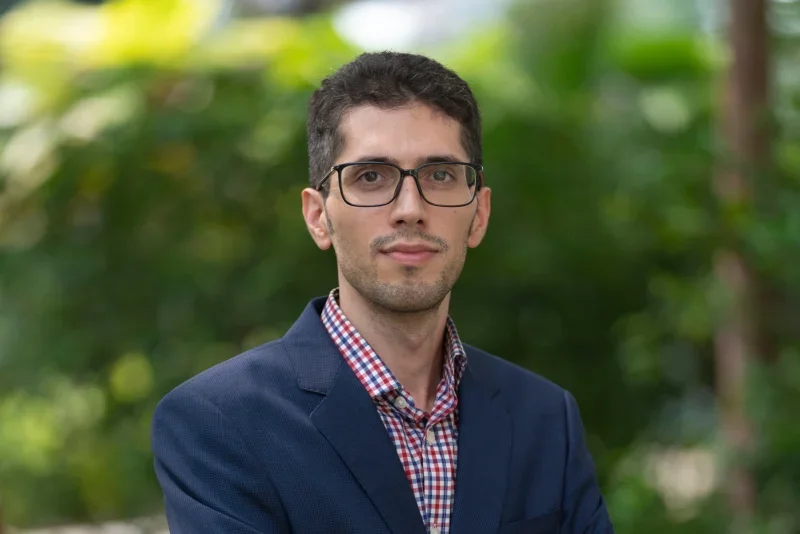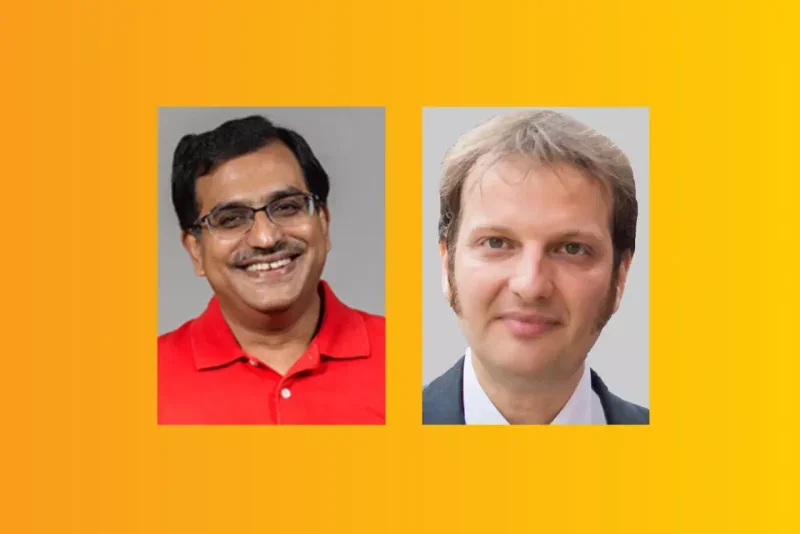12 June 2019 – First year Business Analytics students Rance Lim and Zhou Boxin, with NUS Business School student Yan Guanyu, won third place in the Huawei ICT Competition 2018-2019. The competition’s Global Final was held from 25 to 26 May in Shenzhen, China.
The team, advised by NUS Computing Senior Lecturer Dr Tan Wee Kek, was one of 49 student teams from 30 countries to compete in the competition’s finals. Students around the world were challenged to use innovative technological tools such as the Internet-of-Things (IoT), big data, and artificial intelligence, to solve real world problems.
Rance, Boxin and Guanyu took part in the newly added IoT track of the competition, together with 11 other teams from China and the United Kingdom. The trio chose to create a sleep management system that uses IoT tools to help users improve their sleep quality. “As university students, it can be challenging to get adequate sleep,” said Rance. “For this project, we used sensors to monitor user’s heart rate and body temperature, as well as the room’s humidity. This data would provide users with useful insights and statistics on their sleep condition and quality. In addition, our system also acts as a smart alarm clock that wakes users at their light sleep stage so that users will wake up feeling refreshed and less tired.”
To develop their product, the team had to set up multiple sensors with various Huawei products to create a platform that is able to analyse and provide sleep statistics. However, given the team’s limited experience in IoT, they initially struggled to understand the resources provided. “We were given a newly developed platform by Huawei and so a lot of the resources were in Chinese. This was a difficult challenge for us as we had to decipher what the Chinese technical terms were and the platform we were working on were all new to us,” Rance added.
Despite the language barrier and technical challenges, the team pushed through to create a viable working sleep monitoring platform that impressed many of the contestants and judges. “I didn’t expect us to win anything as I felt that the other teams created very impressive products as well,” said Rance. “I was overjoyed to have won as this is my first time participating in a competition like this and all our efforts had finally paid off.”
“We spent numerous days and nights in NUS Computing to test our board and debug our code,” said Boxin. “However, at the moment where we were finally able to see the sensor values we wanted on the Huawei platform, it was one of the best moments of my computing life thus far.”
“What I learnt from this competition was to not be afraid to take on new challenges and to always go for opportunities presented to you. This win would not have been possible without Associate Professor Tan Chuan Hoo’s generous offer to give three first year students the chance to compete and for Dr Tan Wee Kek’s patience and dedicated mentoring,” Boxin added.

